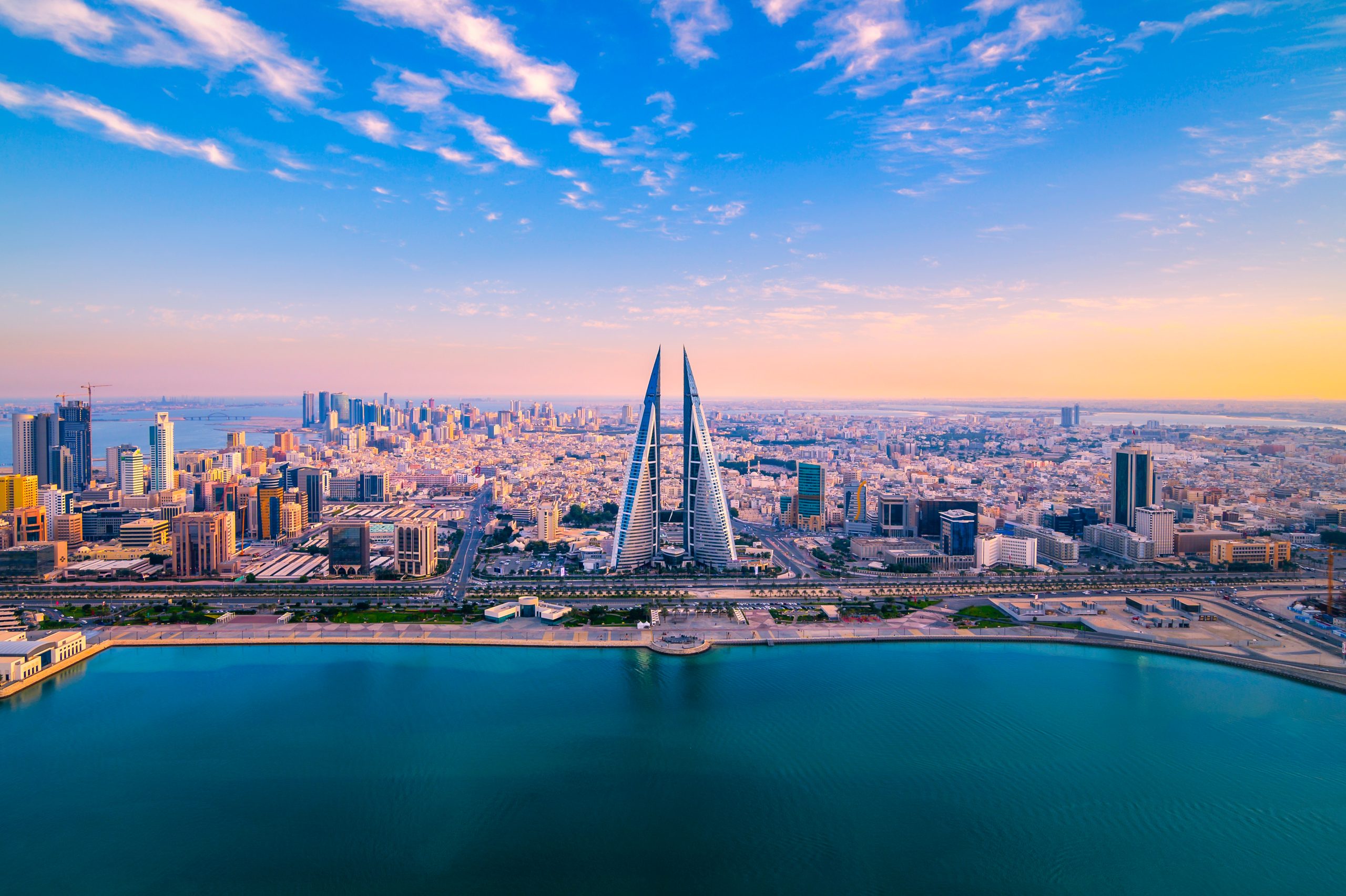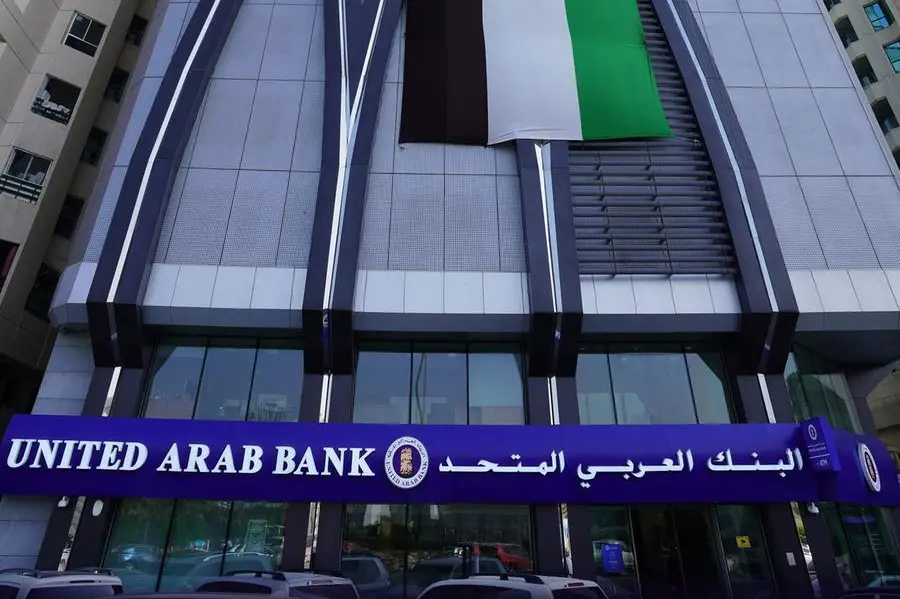PICASSO, MONET, WARHOL, BASQUIAT, AND RICHTER LEAD ARTISTS POWERING THE US$1 MILLION-PLUS MARKET
Pablo Picasso, Claude Monet, Andy Warhol, Jean-Michel Basquiat, and Gerhard Richter top a list of 50 artists leading the momentum for works valued at US$1 million or more, according to a report released Tuesday by Sotheby’s and ArtTactic, a London art market analysis firm.
The list ranked artists with an average of five artworks of US$1 million or more that sold each year between 2018 and 2022 at Christie’s, Phillips, and Sotheby’s—a methodology aimed at showing consistency. The analysis also considers sales value, liquidity, average prices, bidder confidence, and market momentum for each artist, and draws on Sotheby’s internal data on bidders and private sales.
Works by the top five artists alone made up more than a third of all US$1 million-plus sales at these top global auction houses in those years, the report said.
Shifts may be afoot, however. A “Power Rank” of top artists in the US$1 million-plus category, based on data from July 2022 to June 2023, “aims to identify artists whose markets show signs of growing momentum and interest,” the report said.
The top artists of this 12-month Power Rank are Jasper Johns, Lucian Freud, Paul Gaugin, Wassily Kandinksy, and Willem de Kooning.
“The Artists Who Power the $1 Million+ Market” is the second report by Sotheby’s and ArtTactic to explore this segment of the auction world, which proved to be “especially resilient” in 2021 and 2022, during the height of the pandemic and the beginning of the war in Ukraine. Despite representing a “small fraction” of works sold at auction, art that fetches at least US$1 million has “a tremendous impact on the market at lower levels,” the report said.
The analysis considers auction results at Christie’s, Phillips, and Sotheby’s in four categories: contemporary (including Post-War), impressionist and modern, Old Masters, and Chinese works of art. The list of top 50 artists from 2018 to 2022 who are powering the US$1 million-plus sector also includes insights from Sotheby’s private sales and its bidding activity data. Though the latter information is from Sotheby’s alone, similar activity is likely taking place at other auction houses, the report said.
“We all know that the art market has never been as transparent as the financial markets, so any information we can give our clients in terms of trends, analysis, and insight will allow them to make more thoughtful and educated decisions about their purchases, whether they see them as an investment or are pursuing a passion,” Mari-Claudia Jiménez, Sotheby’s head of global business development, said during a roundtable discussion with her colleagues and ArtTactic CEO Anders Petterson that’s included in the report.
The rare insight into private-sale data revealed that works by Alberto Giacometti, in addition to Monet, Basquiat, Picasso and Warhol, made up nearly 80% of Sotheby’s private transactions in the first half of this year. From 2019 to the first half of 2023, these same artists represented only 44.7% of private sales.
Sotheby’s internal bidding data—also rare to see—shows a rise in bidding for works with estimates between US$20 million and US$50 million in the first half of this year. “Despite market uncertainty,” this lofty segment has attracted 6.1% of bidders in the market for works valued at US$1 million or more, up from 3.8% in 2022, the report said.
Nearly 75% of Sotheby’s bidders raised their paddles for works priced between US$1 million and US$5 million from 2018 to 2022, though the percentage slipped to 72.4% in the first half of the year as 13.8% of collectors bid on works valued between US$5 million and US$10 million (up from 12.5% in 2022).
ArtTactic dug deeper into this internal bidding data to understand what category of works these collectors favored, where they live, and how old they are. The data “provides collectors with additional context to understand some of the drivers behind emerging trends,” the report said.
Among its findings: Contemporary art was favored by 56.1% of bidders; North Americans bid the most, representing nearly 36.4% of those vying for works of US$1 million or more; and Generation X is making their mark, accounting for the largest share of bidders in the market at 40.2%.
This generational shift is significant. Younger collectors are more comfortable buying across art categories, from Old Masters to Contemporary, for instance.
“The data in the report shows that our collectors, even the youngest ones, are interested in the entire span of history,” Brooke Lampley, Sotheby’s head of global fine art, said during the roundtable. “Education is such an important factor in the art market, and people are learning about art history in many different ways today.”
These younger collectors are interested in art in part because they are more exposed to it than previous generations, Lampley said. Private collectors today are exposed through the numerous art fairs they attend in addition to public auctions, which generations ago were attended more by dealers and others in the trade who then sold the works, she said.
“There has been a great effort to make people feel included in the art world and to make it accessible, both by galleries and auction houses,” Lampley said.
Notably, there are no women artists among the top five of the list of 50 powering the US$1 million-plus market, although four made the larger list. Joan Mitchell ranks No. 17, Yayoi Kusama ranks No. 19, Cecily Brown ranks No. 39, and Helen Frankenthaler ranks No. 47.
 Copyright 2020, Dow Jones & Company, Inc. All Rights Reserved Worldwide. LEARN MORE
Copyright 2020, Dow Jones & Company, Inc. All Rights Reserved Worldwide. LEARN MORE
Chris Dixon, a partner who led the charge, says he has a ‘very long-term horizon’
Americans now think they need at least $1.25 million for retirement, a 20% increase from a year ago, according to a survey by Northwestern Mutual
Saudi Arabia ranked first among countries for the non-oil exports of national origin with BD201 million (22%)
Bahrain’s non-oil exports of national origin decreased by 6% to BD894 million ($2.37 billion) in Q2 2024 compared to the same period in 2023. The top 10 countries accounted for 64% of the total export value.
According to the Information & eGovernment Authority (iGA) in its Q2 2024 Foreign Trade report, Saudi Arabia was the leading destination for these exports, totaling BD201 million (22%). The US followed with BD75 million (8.4%), and the UAE with BD73 million (8.2%).
Unwrought aluminum alloys were the top exported product in Q2 2024, amounting to BD267 million (30%), followed by agglomerated iron ores and concentrates alloyed at BD159 million (18%) and non-alloyed aluminum wire at BD49 million (5%).
Non-oil re-exports
Non-oil re-exports increased by 4% to reach BD206 million during Q2 2024, compared to BD198 million for same quarter in 2023. The top 10 countries accounted for 86% of the re-exported value. The UAE ranked first with BD58 million (28%) followed by Saudi Arabia with BD39 million (19%) and UK with BD17 million (8%).
As per the report, turbo-jets worth BD65 million (32%) were the top product re-exported from Bahrain, followed by private cars with BD11 million (5%) and four-wheel drive with BD9 million (4%).
The value of non-oil imports has decreased by 4% reaching to BD1.41 billion in Q2 2024 in comparison with BD1.47 billion for same quarter in 2023. The top 10 countries for imports recorded 68% of the total value of imports.

China Bahrain’s biggest importer
China ranked first for imports to Bahrain, with a total of BD191 million (14%), followed by Brazil with BD157 million (11%) and Australia with BD112 million (8%).
Non-agglomerated iron ores and concentrates were the top product imported to Bahrain worth BD200 million (14%), followed by other aluminum oxide with BD101 million (7%) and parts for aircraft engines with BD41 million (3%).
As for the trade balance, which represents the difference between exports and imports, the deficit logged was BD310 million in Q2 2024 compared to BD322 million in Q2 2023.
Chris Dixon, a partner who led the charge, says he has a ‘very long-term horizon’
Americans now think they need at least $1.25 million for retirement, a 20% increase from a year ago, according to a survey by Northwestern Mutual




















